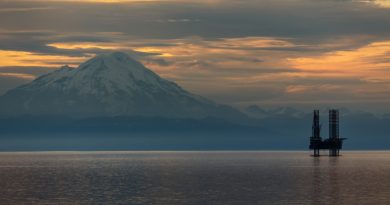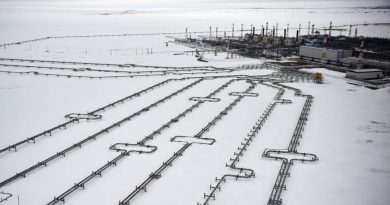Arctic security at stake: U.S. commission outlines urgent research priorities
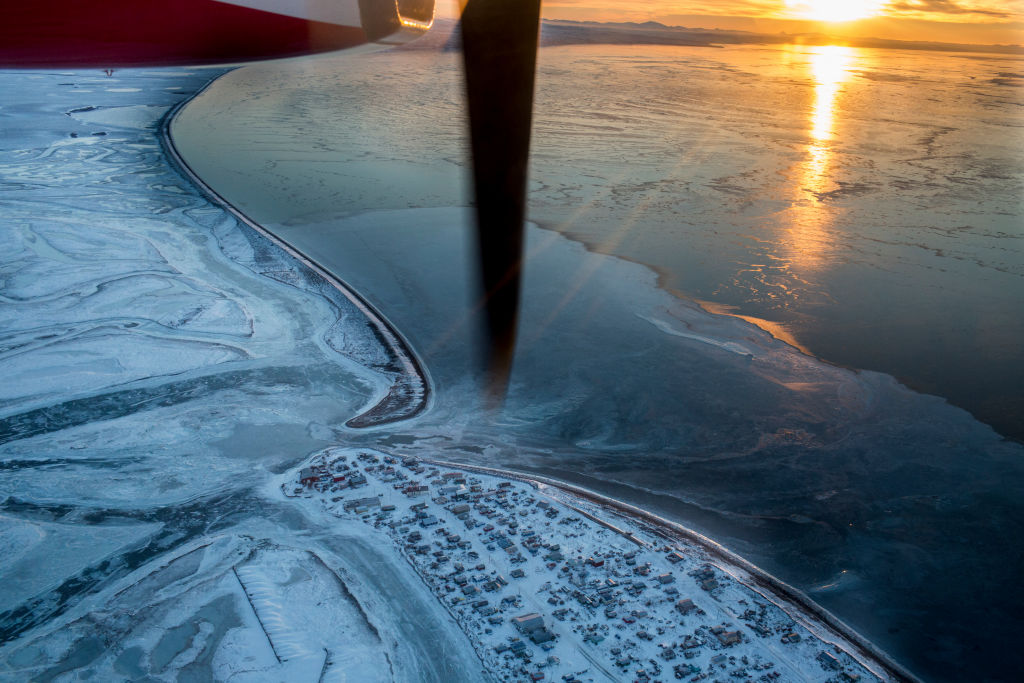
U.S. Arctic Research Commission issues blunt message: U.S. security and prosperity depend on understanding and shaping the Arctic …before others do it for them
The Arctic will be a deciding factor in global security in the years ahead — and the United States must lead, the U.S. Arctic Research Commission (USARC) said in a report this month.
The document, ‘Research Needs for a Secure and Prosperous Arctic,’ sets out research priorities intended to guide the government’s next five-year Arctic research plan, covering 2027 to 2031.
“The Arctic region is critical to the defense of our homeland, the protection of U.S. national sovereignty, and the fulfillment of our nation’s defense commitments,” the commission said.
“Research is critical to ensuring that the United States sustains strategic and tactical advantages over our competitors and adversaries as Arctic conditions evolve.”
Research tied to security
The commission said there are four key research areas the U.S. should devote resources to: military, community, energy, and the economy.
The report also emphasized that strengthening military infrastructure benefits indigenous villages in Alaska — from expanding broadband access to research on permafrost thaw, erosion, and wildfires that supports residents facing rapid environmental change.
“Arctic research in support of national security can often serve multiple purposes as exemplified by the development of durable dual-use infrastructure that is critical to both military applications and to the security of Arctic communities,” the report said.
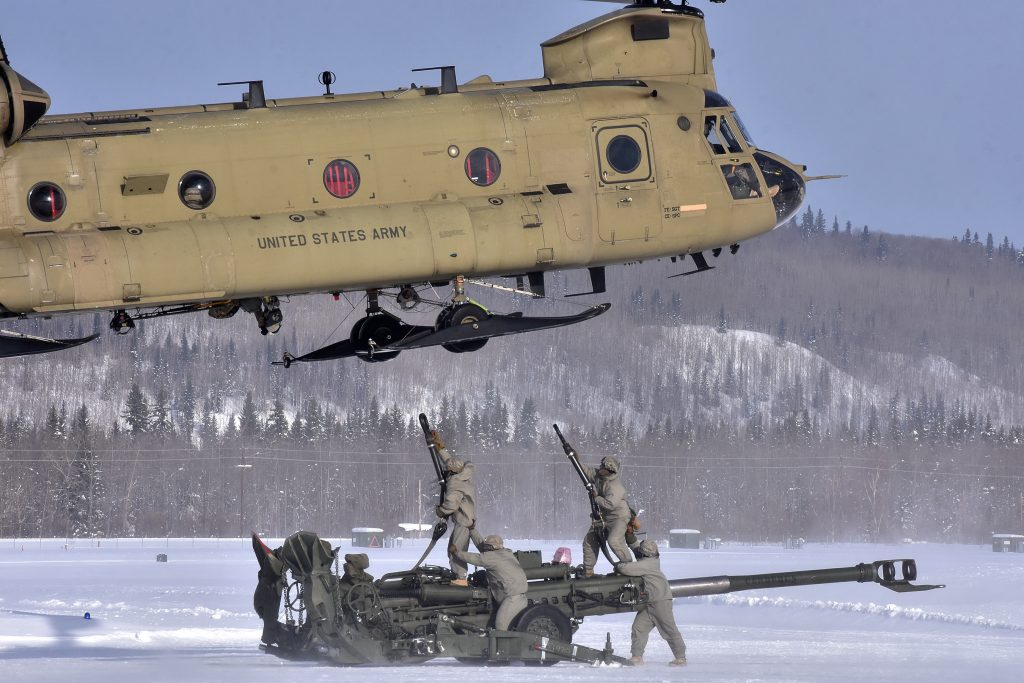
The Commission said Alaska’s future also depends on diversifying its power sources — from renewables to small nuclear reactors.
It also warned that the state’s $5 billion fishing industry, which employs about 60,000 people, needs constant monitoring as climate change alters the marine environment.
The continued refinement of drone, satellite, supercomputing, and sensor-miniaturization technology will also transform Arctic observation and operations, the commission said.
Coupled with the knowledge and leadership of Alaska Native communities, those advances will be essential for building resilience and finding solutions as environmental changes and geopolitical pressures reshape the region.
“The knowledge of Arctic residents, and opportunities for them to participate in and lead research, are vital for developing effective solutions in each security sector and for enhancing community resilience,” the report said.
Powers jockeying for position in the North
Anchorage’s role as the world’s fourth-largest cargo hub, and Alaska’s position as a linchpin in U.S. air and missile defense, underscore the state’s centrality to American security, the report said.
But with Russia expanding its military and commercial presence in the Arctic — and China building icebreakers, staging drills with Moscow, and seeking new resources — the report warned the U.S. must mount a robust research response to maintain its dominance in the region.
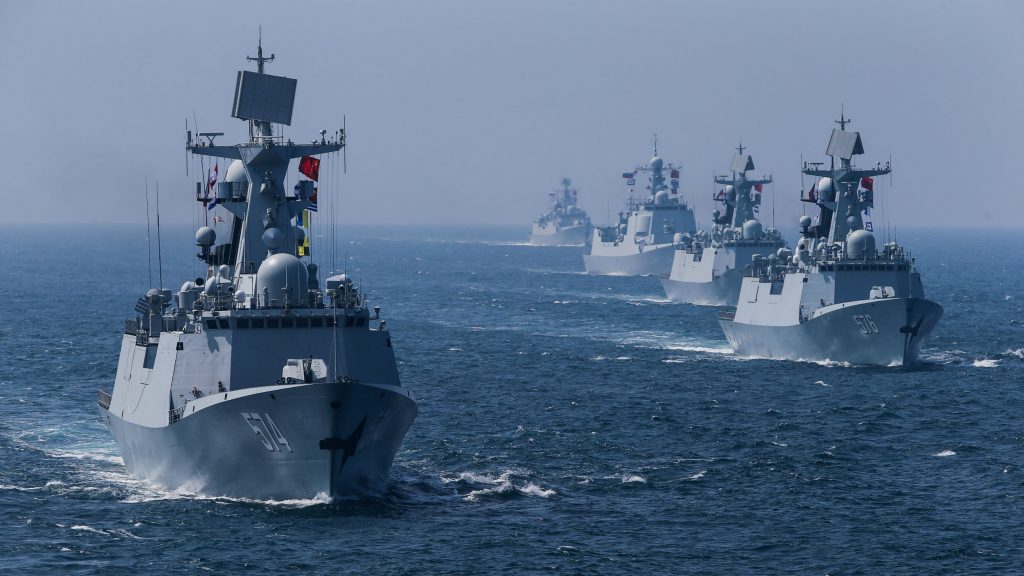
“Working collaboratively with allies and partners, a deep understanding of the impacts of the rapidly changing Arctic environment globally, as well as at the community level, is required for the United States to maintain an international leadership role in the region,” the report said.
Recommendations to congress, federal agencies
The U.S. Arctic Research Commission is an independent federal body created under the Arctic Research and Policy Act of 1984.
The commission examines research needs and provides recommendations to Congress and federal agencies.
Feedback, story ideas or tips? Contact Eilís at eilis.quinn(at)cbc.ca
Related stories from around the North:
Canada: Canada, Finland signal Arctic priorities with new strategic partnership, CBC News
Denmark: Denmark to expand Arctic surveillance with purchase of long-range drones, Reuters
Greenland: Europeans step up Arctic diplomacy amid U.S. and global pressure, Eye on the Arctic
Finland: Finland hails plan for allies to join NATO land forces in North, The Independent Barents Observer
Iceland: Europe’s Von der Leyen strengthens Arctic security ties with Iceland during visit, Eye on the Arctic
Norway: Amid Norway’s celebration of Svalbard Treaty comes another verbal attack from Moscow, Reuters
Russia: Russian pilots learn to target long-range drones in Barents Sea combat drill, The Associated Press
Sweden: Europe and the US stand united ahead of Alaska meeting: Swedish PM, Radio Sweden
United States:Trump–Putin summit in Alaska draws close watch from Arctic leaders over Ukraine, security stakes, The Associated Press

